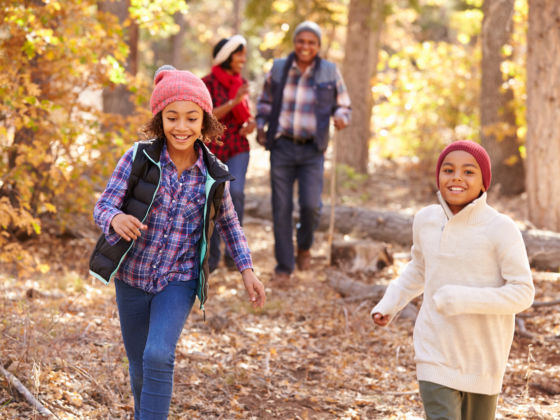The winter holidays are not just rapidly approaching; they’re already here. Whether you celebrate Christmas, Kwanzaa, Hanukkah, or are just going somewhere nice and warm for your winter break, here are a few tips if you’re hauling your offspring out of your house in the next few weeks.
1. Check prices early.
Airfares skyrocket around the holidays — although you can often get good deals if you fly on the holiday itself — so check early and often. It is worth mentioning that the cheapest time to buy plane tickets for the December holiday season is the Tuesday after US Thanksgiving, as this is when major airlines have sales.
